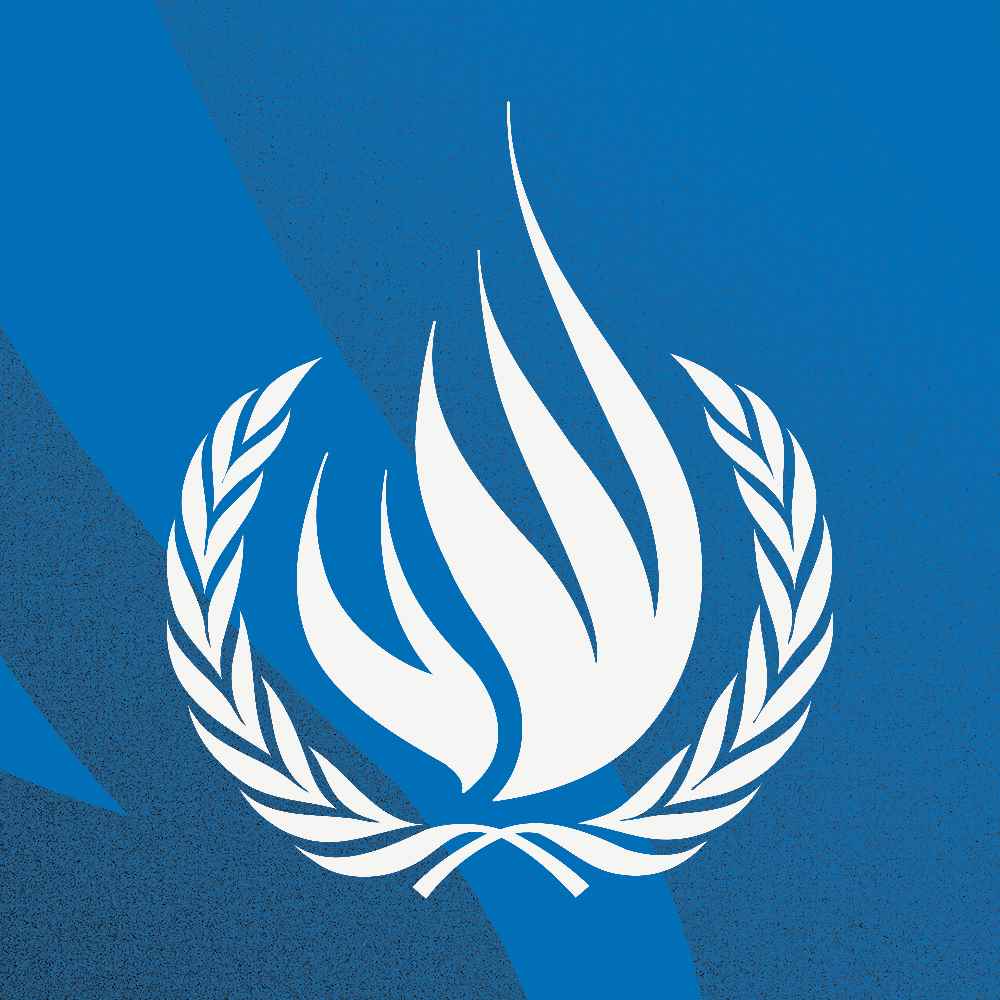
DELIVERED BY
Volker Türk, UN High Commissioner for Human Rights
AT
54th session of the Human Rights Council
Mr Vice President,
Excellencies,
Colleagues,
I am deeply saddened by the continued and widespread deterioration of human rights in Nicaragua. Punishing and locking out those who voice their views, and further intensifying the country"s isolation, are policies that do not serve the interests of the Nicaraguan people – or even the authorities. I hope that during our dialogue today, this Council will be able to discuss how to unlock solutions, with new ideas that could support the authorities to reverse course.
Since our report to the Council a year ago, individuals perceived as opponents or critics of the Government have continued to be persecuted, and subjected to measures that violate their human rights. These include long prison sentences handed down without trial, in the context of a justice system that lacks any independence; and the deportation, arbitrary deprivation of nationality and prohibition of Nicaraguans from returning to their own country. Things that we had thought belonged to history books.
As detailed in the report before you, A/HRC/54/60, the Nicaraguan government continues to impose severe restrictions on the civic and democratic space, closing down its people"s individual and collective freedoms. It has also extended its control over civil society organizations, international NGOs, universities, and the media.
Poverty is high, but appears to be decreasing, from 14.2% in 2021 to 13.3% in 2022 according to Government figures.
Mr President,
Perceived critics of the authorities, and their relatives, are routinely harassed, persecuted and jailed. In February alone, 316 Nicaraguans perceived to oppose the Government were arbitrarily deprived of their nationality, their assets, and all civil and political rights. They included human rights defenders, journalists, activists, and social and political leaders – all of them, together with their families, forced to reinvent their lives from scratch in distant countries. Given the large number of people affected by this all-encompassing form of punishment, many people now say that they are frightened to leave the country, even briefly, for fear that they will be stripped forever of their right to return.
Organised civic activism and the defence of human rights have become almost impossible. Since August 2022, the legal status of 2,020 civil society organizations has been cancelled, for a total of 3,394 organizations since 2018. In other words, almost half the civil society groups in Nicaragua have been closed down – and many others have been chilled into self-censorship. Twelve universities have been closed over the past year. One, the Central American University was termed a "centre of terrorism to organize criminal groups." Closure of these universities, and the confiscation of some schools run by various Catholic congregations, limits access to the rights to education and freedom of information, with damaging impact on freedom of expression and academic freedom.
My Office also continues to document violations of freedom of religion and belief – mainly, but not exclusively, directed against the Roman Catholic church. They include coercive and arbitrary criminal and administrative sanctions, harassment, and detentions of both priests and worshippers.
To date, 71 people remain arbitrarily detained in Nicaragua, having been tried and sentenced without due process guarantees. One, Bishop Roland Alvarez was sentenced to 26 years in prison without any trial at all. We have also documented the incommunicado detention of numerous individuals for up to 18 months.
The report before you also documents patterns of torture. In July – after the reporting period ended – we documented a further seven cases of severe torture of detainees, including the use of electricity and the sexual abuse and rape of men. Women and girls are subjected to forced nudity, and humiliating genital searches, including prior to visits with detainees.
Many detainees are subjected to ill-treatment, including denial of contact with their family members, denial of medication, restrictions on basic hygiene items, or constant exposure to artificial lighting. Food distribution is reportedly limited to punish people considered to be "enemies" of the Government.
Given this context, the expulsion from the country of all international bodies mandated to monitor detention conditions is alarming. It places people who are deprived of their liberty in a situation of extreme vulnerability. I call on the authorities to accept the return of independent and impartial international detention monitors; to eradicate torture and ill-treatment; and to reinstate due process guarantees and the rule of law.
Other issues of deep concern are the sharp and continued rise in violence in Indigenous and Afro-descendant territories over the past year. These murders and violent attacks, including the deliberate burning of homes and theft of land and assets, are conducted with impunity.
I am also concerned by the high numbers of child marriages and teen pregnancies in Nicaragua, and by the country"s total ban on abortion, which jeopardizes sexual and reproductive health, leading to unsafe abortions and the deaths of women and girls.
Mr President,
The Government"s constant, unpredictable and arbitrary acts of persecution drive many people to flee. Between September 2022 and July 2023, 45,866 Nicaraguans applied for asylum in Costa Rica alone.
I deeply regret the Government"s lack of response to my own communications, and its refusal to cooperate with international agencies or my Office. The recommendations made in this and preceding reports constitute a road map that can support the authorities to initiate more sustainable development and a more resilient and effective form of governance.
I urge the Government to demonstrate its service to its people by empowering them to meet, speak out and participate freely and fully in decisions. I appeal for the release of all people arbitrarily detained, as well as for the restoration, without discrimination, of the rights of individuals deprived of their nationality, as guaranteed in international instruments ratified by the State of Nicaragua.
I also urge the international community to maintain its efforts to influence the authorities and to support Nicaraguan refugees and asylum seekers.
Thank you
The statement was initially delivered in both Spanish and English.









